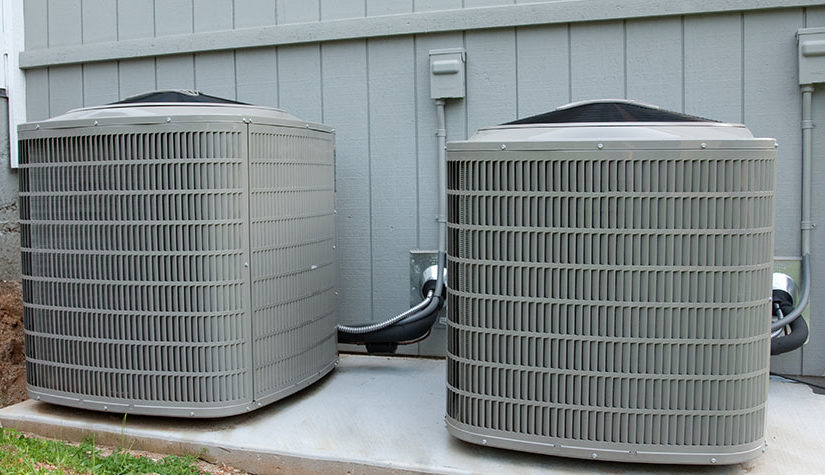When the winter chill sets in, a malfunctioning heat pump can leave you shivering in your own home. Heat pumps, the workhorses of modern heating and cooling systems, are complex appliances that can succumb to various issues. If your heat pump fails to keep you warm during the cold months, don’t despair; many common problems can be identified and resolved without professional help. This comprehensive guide will arm you with the knowledge to troubleshoot and repair your heat pump, restoring comfort to your abode.

Image: www.kamphullar.com
The Essence of Heat Pumps: An Overview
Heat pumps function as both heaters and air conditioners, efficiently transferring heat between your home and the outdoors. They comprise an outdoor unit, housing the compressor and condenser, and an indoor unit, containing the evaporator and blower. During heating operation, the refrigerant within the system absorbs heat from the outdoor air, even when temperatures dip below freezing, and releases it inside your home via the evaporator coil. Conversely, in cooling mode, the process reverses, extracting heat from the indoor air and expelling it outdoors. Heat pumps excel in energy efficiency, as they don’t generate heat directly but rather move it, significantly reducing energy consumption compared to traditional heating systems.
Troubleshooting Common Issues
If your heat pump fails to deliver the desired warmth, start by eliminating potential simple causes before delving into more complex repairs.
-
Electrical Problems: Inspect the power supply to the outdoor unit, ensuring there is no tripped breaker or blown fuse. Check for loose or damaged wiring connections at both the indoor and outdoor units.
-
Frozen Outdoor Coil: In icy conditions, the outdoor coil can accumulate frost or ice, impeding the system’s ability to absorb heat. Clear away any ice buildup with a soft brush or water.
-
Dirty Air Filter: A clogged air filter in the indoor unit can restrict airflow, reducing the heat pump’s efficiency and causing it to overheat. Replace the air filter regularly, typically every 30-90 days.
-
Refrigerant Leaks: Refrigerant, the lifeblood of a heat pump, can leak over time, leading to diminished performance. Signs of a refrigerant leak include hissing sounds, reduced cooling or heating capacity, and ice formation on the outdoor coil. If you suspect a leak, contact a qualified HVAC technician for repair.
Detailed Repairs for Optimal Performance
If addressing the aforementioned common issues doesn’t resolve the problem, consider the following detailed repairs, some of which may require assistance from a qualified technician:
-
Capacitor Failure: Capacitors, electrical components that store energy, can fail over time, affecting the startup and operation of the heat pump. Replace a faulty capacitor with one of the same specifications.
-
Compressor Malfunction: The compressor is the heart of the heat pump, compressing and circulating the refrigerant. A failing compressor will hinder heat transfer, leading to poor heating or cooling performance. This is typically a major repair best left to a qualified technician.
-
Reversing Valve Issues: This valve controls the refrigerant flow direction, switching between heating and cooling modes. A malfunctioning valve can cause the heat pump to operate inefficiently or not switch modes properly.
-
Defrost System Problems: During cold weather, the defrost system prevents the outdoor coil from freezing. Malfunctions in the defrost cycle can lead to icing, reduced efficiency, and potential damage.
-
Electronic Control Board Faults: The electronic control board acts as the heat pump’s “brain,” controlling its various functions. A faulty control board can result in erratic behavior or complete system failure. This repair requires specialized knowledge and should be performed by a technician.

Image: www.youtube.com
How To Fix A Heat Pump
Final Thoughts
Armed with the insights provided in this guide, you’ll be well-equipped to troubleshoot and repair your heat pump, ensuring a cozy and energy-efficient home throughout the winter season. Remember, if a repair proves too complex or beyond your skillset, don’t hesitate to seek professional help from a qualified HVAC technician.










